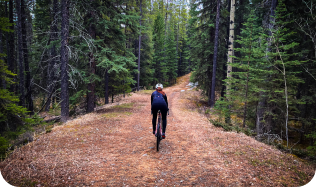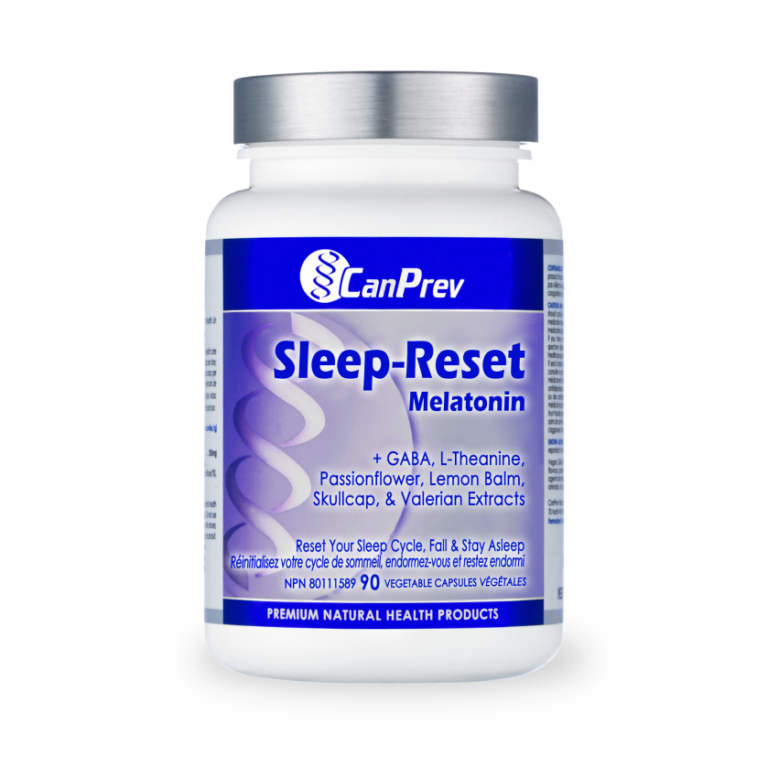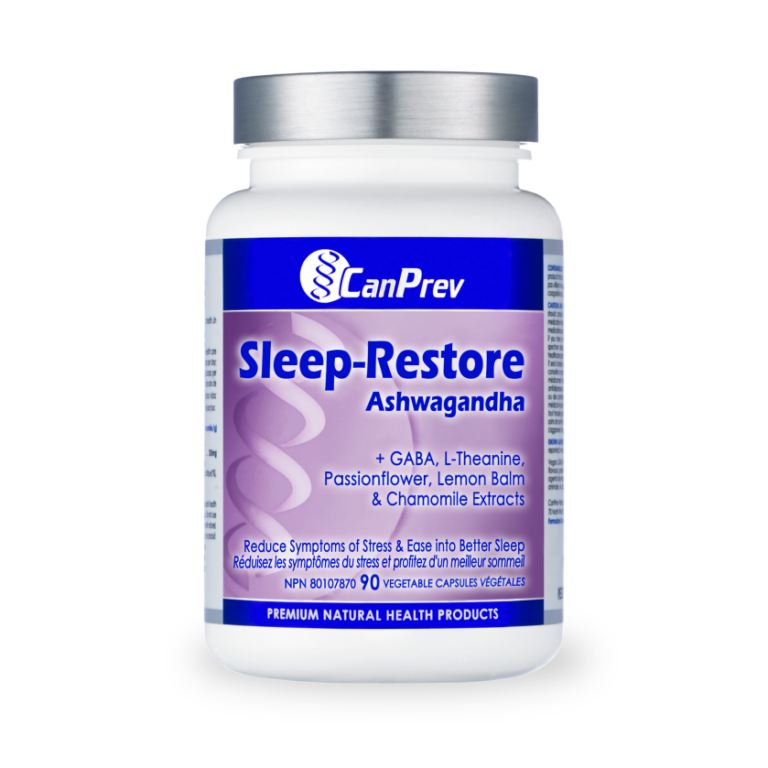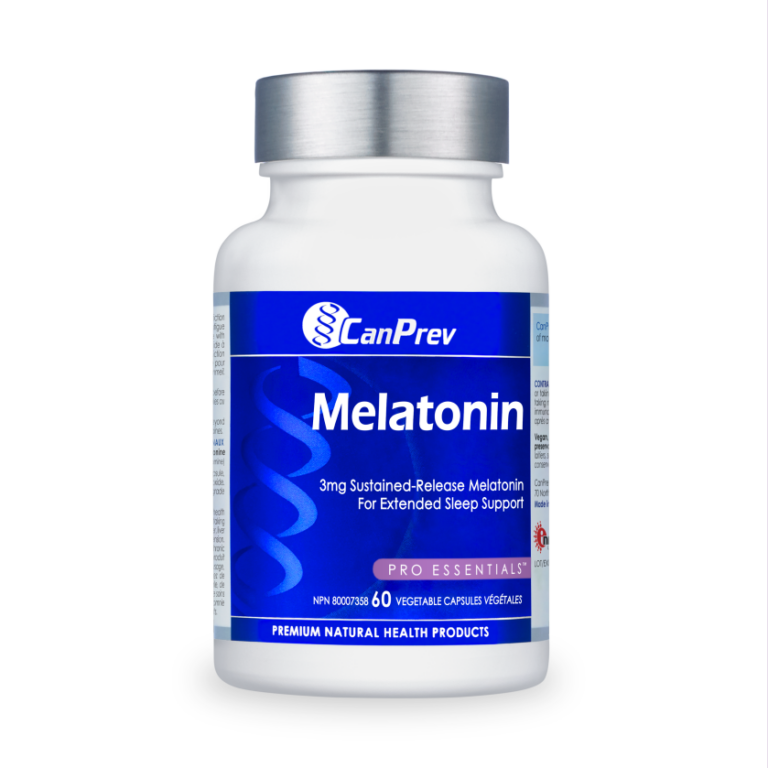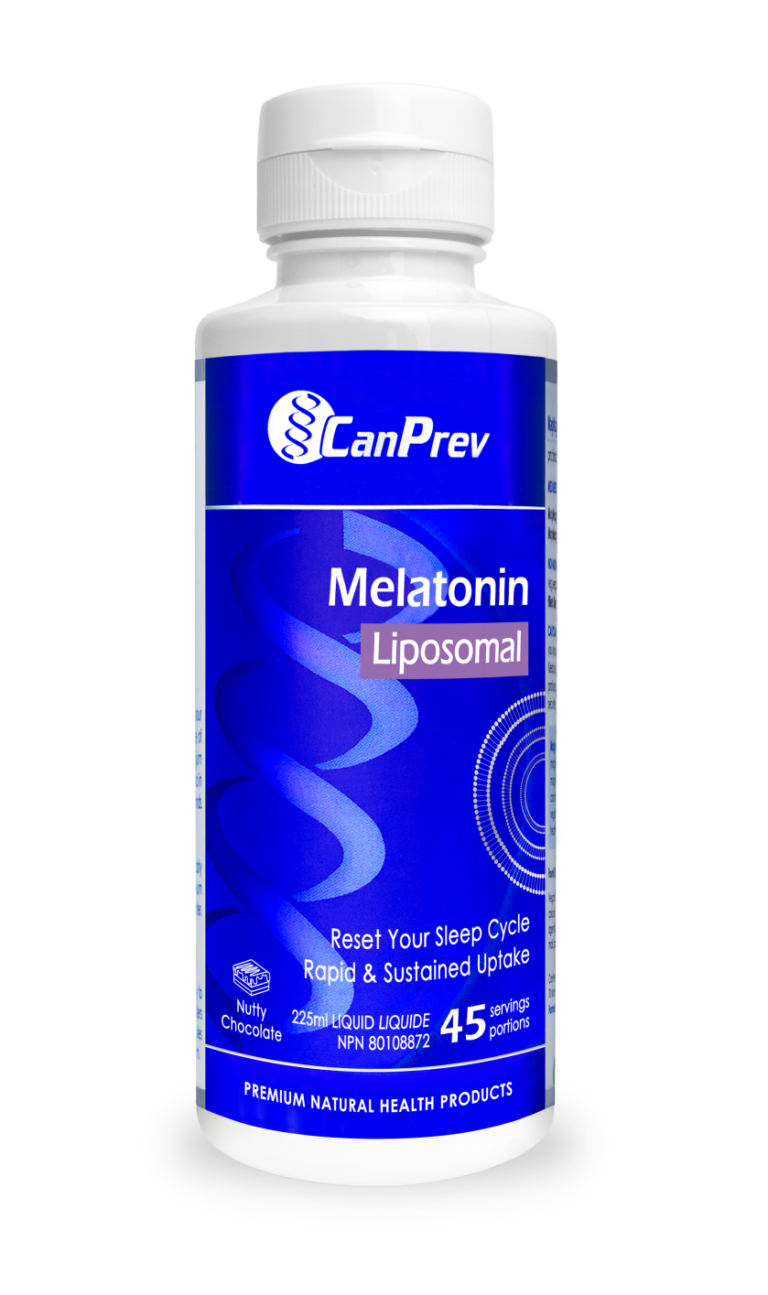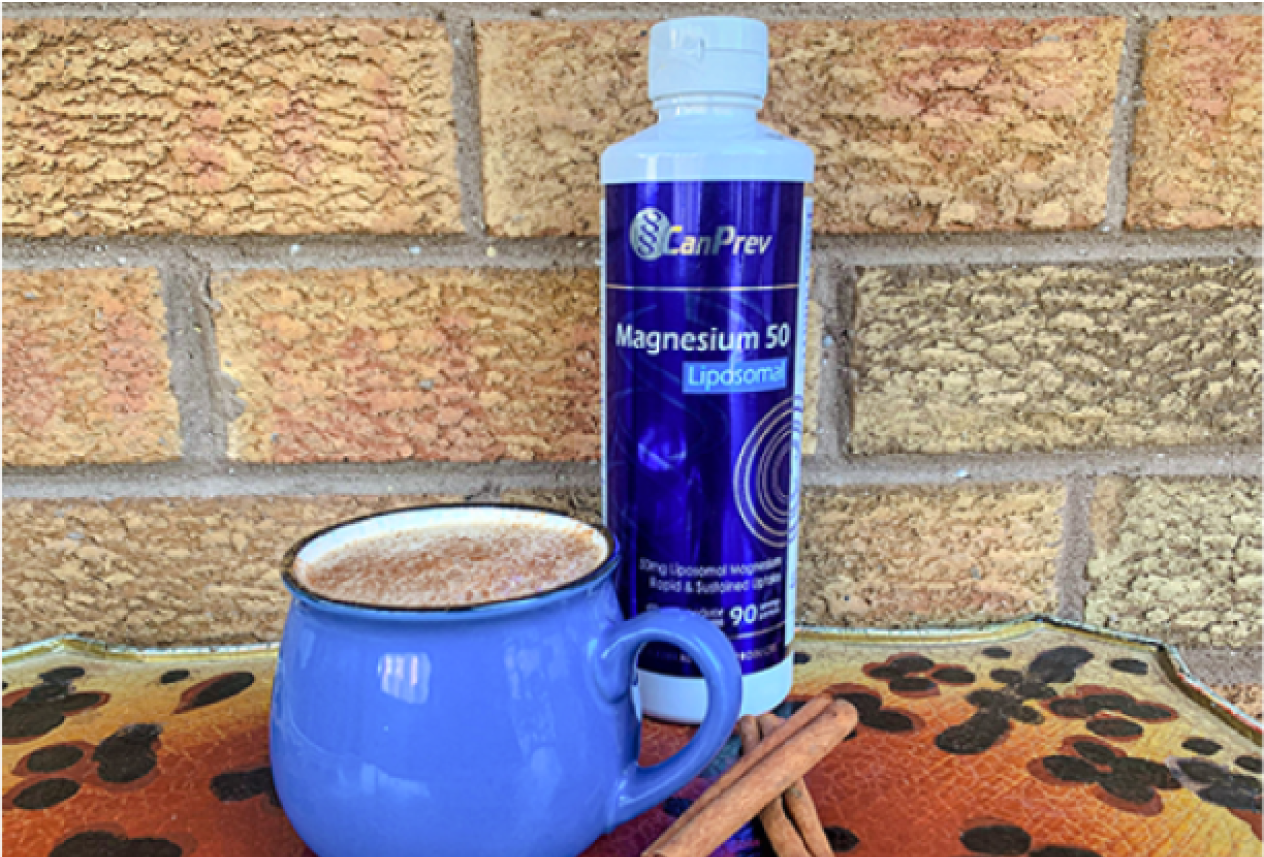Put your
sleep troubles
sleep troubles
to rest.
Why do we need to sleep?
A good night’s sleep helps the body rest, recharge and feel refreshed. But what’s so great about sleep beyond fighting fatigue?
Let’s break it down.

It keeps your mind sharp.
Getting enough sleep helps your brain process new information, consolidate memories, and stay alert throughout the day. It’s crucial for cognitive function, decision-making, and creativity.
It regulates your emotions.

When we’re low on sleep, we have a harder time controlling emotions and managing stress. Consistent sleep helps stabilize mood, reducing the likelihood of anxiety, irritability, and emotional instability.
It supports your physical wellbeing.

Sleep is so important to our overall wellbeing that not getting enough can really add up over time. This includes making us more prone to high blood pressure levels, increasing the risk of developing type 2 diabetes, and impairing immune function.
How does your body know when to sleep?
A good night’s sleep helps the body rest, recharge and feel refreshed. But what’s so great about sleep beyond fighting fatigue?
Let’s break it down.






How does your body
know when to sleep?
A good night’s sleep helps the body rest, recharge and feel refreshed. But what’s so great about sleep beyond fighting fatigue?
Let’s break it down.
How does your body know when to sleep?
Also known as the circadian rhythm, your internal clock tells the body what to do based on the time of day, including when to sleep and when to wake up.
How does your body know when to sleep?
Also known as the circadian rhythm, your internal clock tells the body what to do based on the time of day, including when to sleep and when to wake up.
6AM
Sunrise prompts the body to stop producing our sleep hormone melatonin.
7AM-Noon
Alertness and blood pressure increases. Your body starts producing more cortisol.
2:30PM-3:30PM
Coordination and reaction time are at their peak.
3:30PM-5PM
A slight dip in energy levels occurs, usually because a lunch high in carbs like bread or pasta causes a rapid increase in blood sugar, followed by an even faster drop, leading to mid-afternoon fatigue.
5PM
Cardiovascular efficiency and muscular strength reach an all time high for the day.
6PM-9PM
Sunset prompts a decrease in body temperature and blood pressure.
9PM
Melatonin secretion begins and induces sleepiness.
6AM
Sunrise prompts the body to stop producing our sleep hormone melatonin.
7AM-Noon
Sharpest rise in blood pressure with an increase in alertness. Your body starts producing more cortisol during this time.
2:30PM-3:30PM
Coordination and reaction time are at their peak.
3:30PM-5PM
A slight dip in energy levels occurs, usually because a lunch high in carbs like bread or pasta causes a rapid increase in blood sugar, followed by an even faster drop, leading to mid-afternoon fatigue.
Breaking down how
much sleep we need
much sleep we need
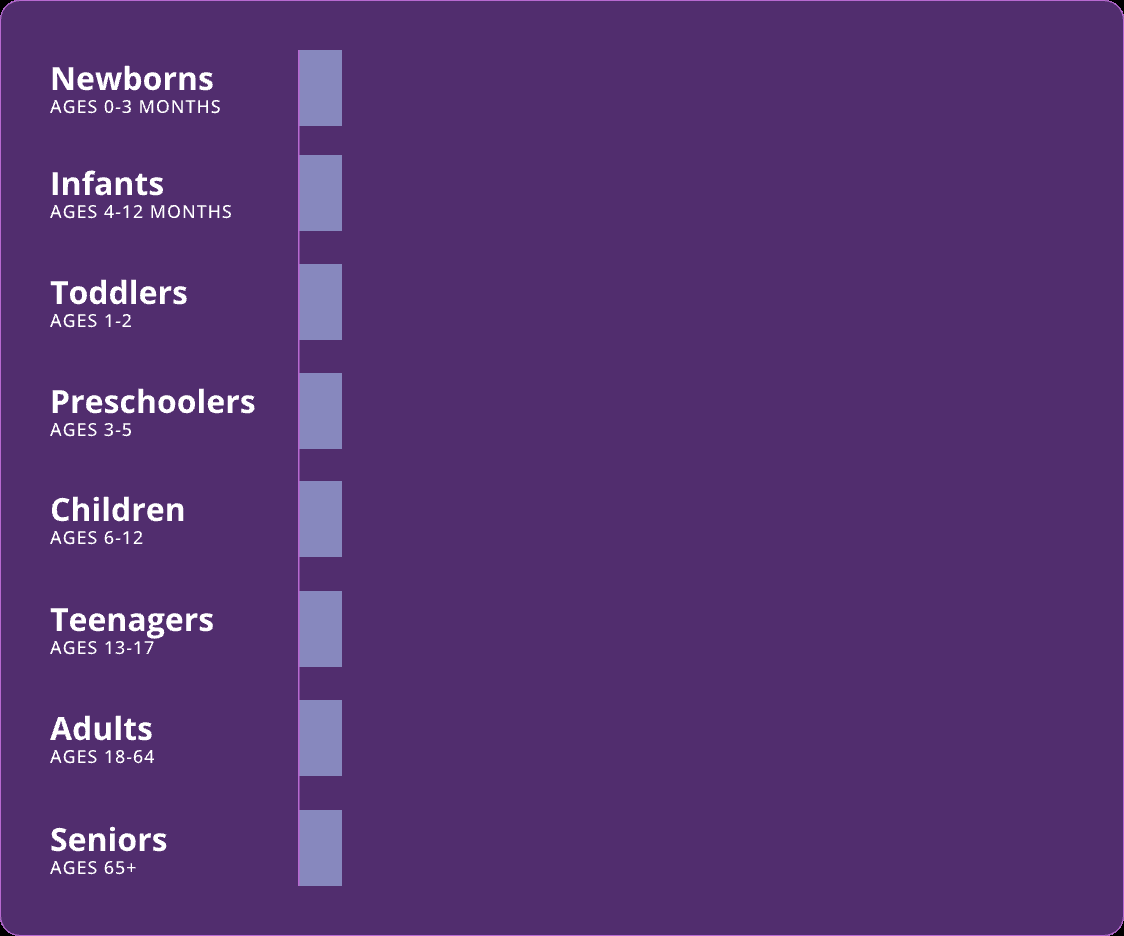
Breaking down how
much sleep we need
much sleep we need
Breaking down how
much sleep we need
much sleep we need
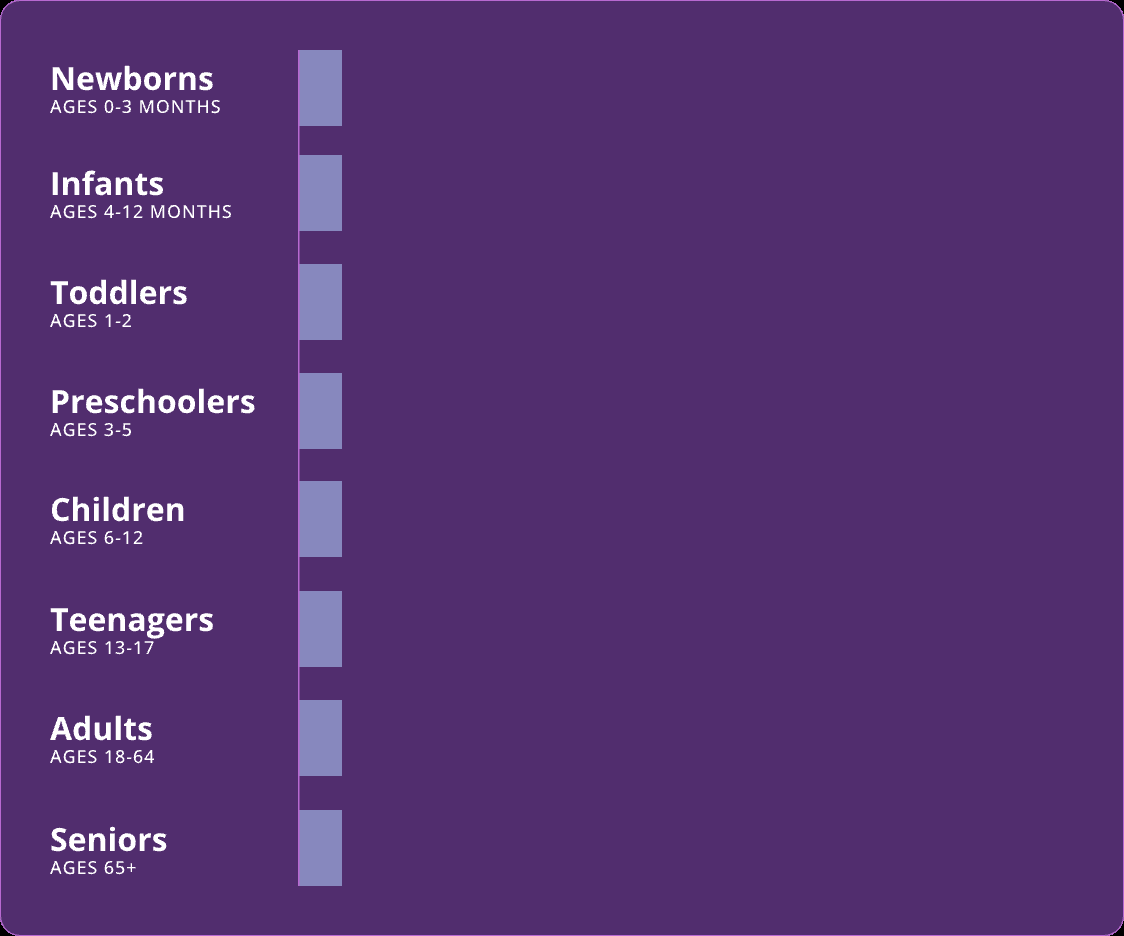
What happens when your internal clock is disrupted?
Factors like not enough sunlight exposure, chronic stress, and excessive screen time can throw our circadian rhythm off. What does this look like?
What happens when your internal clock is disrupted?
Factors like not enough sunlight exposure, chronic stress, and excessive screen time can throw our circadian rhythm off. What does this look like?
What happens when your
internal clock is disrupted?
Factors like not enough sunlight exposure, chronic stress, and excessive screen time can throw our circadian rhythm off. What does this look like?

Is your internal clock
out of sync?
Take our sleep quiz to find out why you may
be losing sleep and how to get back on track.
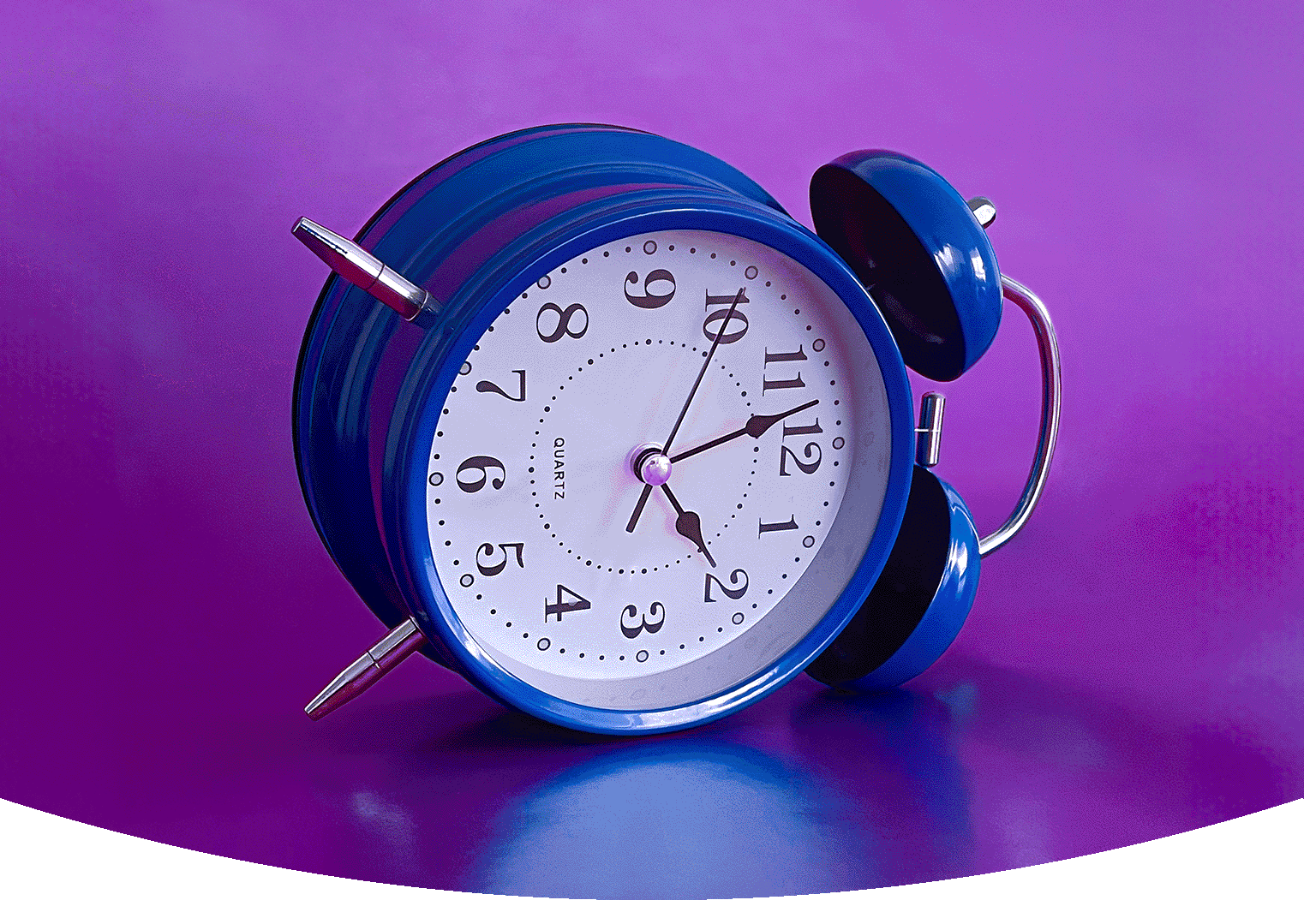

Is your internal clock out of sync?
Take our sleep quiz to find out why you may be losing sleep and how to get back on track.
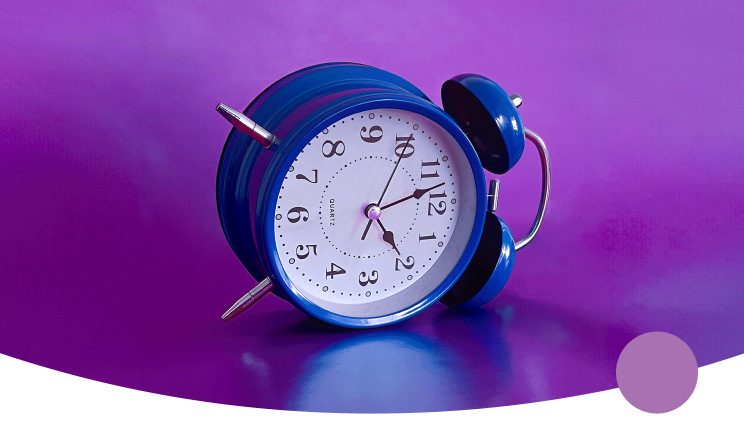
Is your internal clock
out of sync?
Take our sleep quiz to find out why you may be losing sleep and how to get back on track.
Good night, sleep right.
Good night,
sleep right.
Other sleep-supporting nutrients

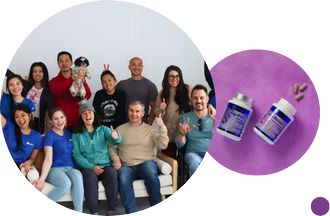


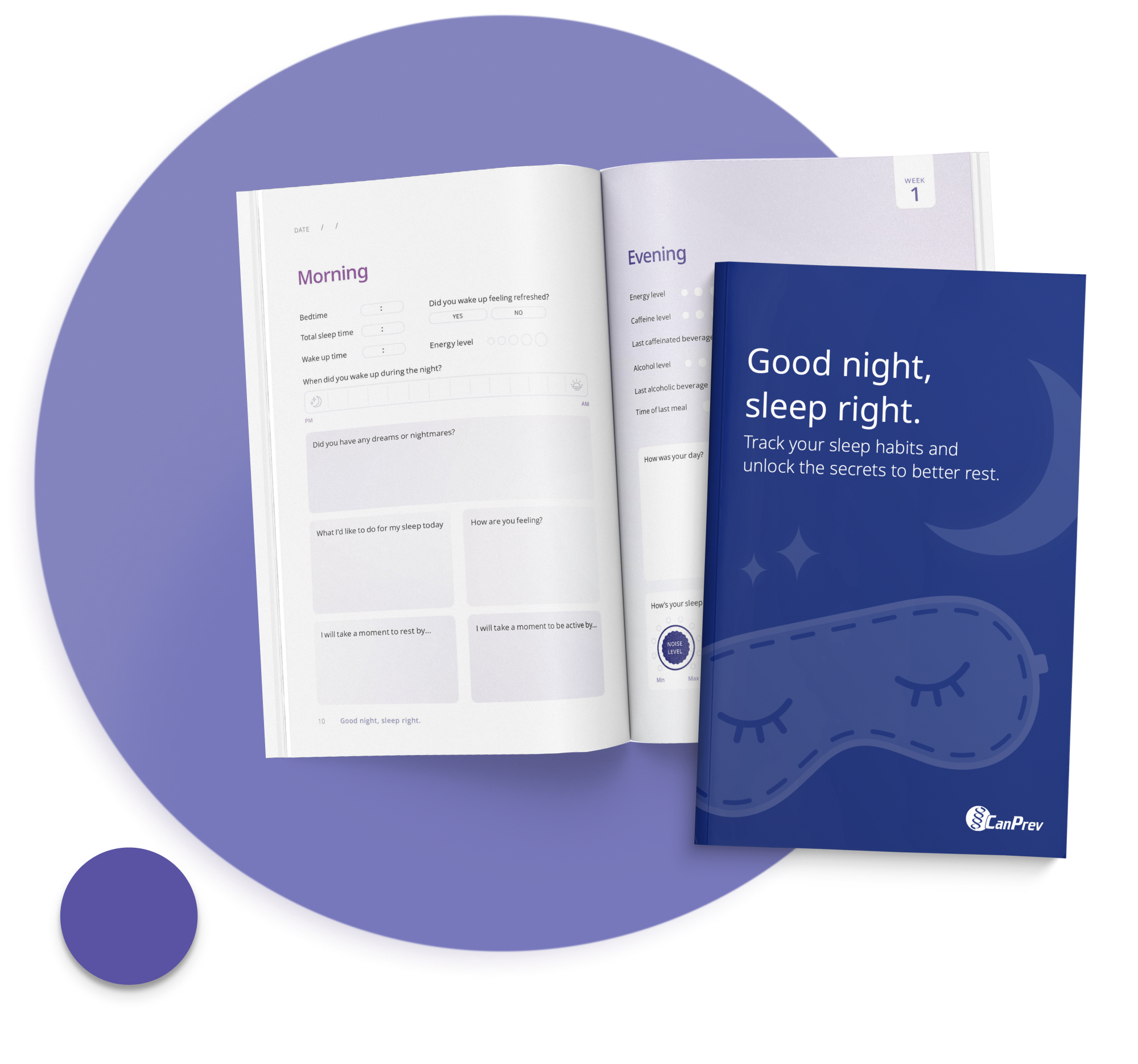

Sleep-friendly recipes
Drift off easily with these tasty bedtime snacks.

Pink Rose Milk Relaxing Elixir
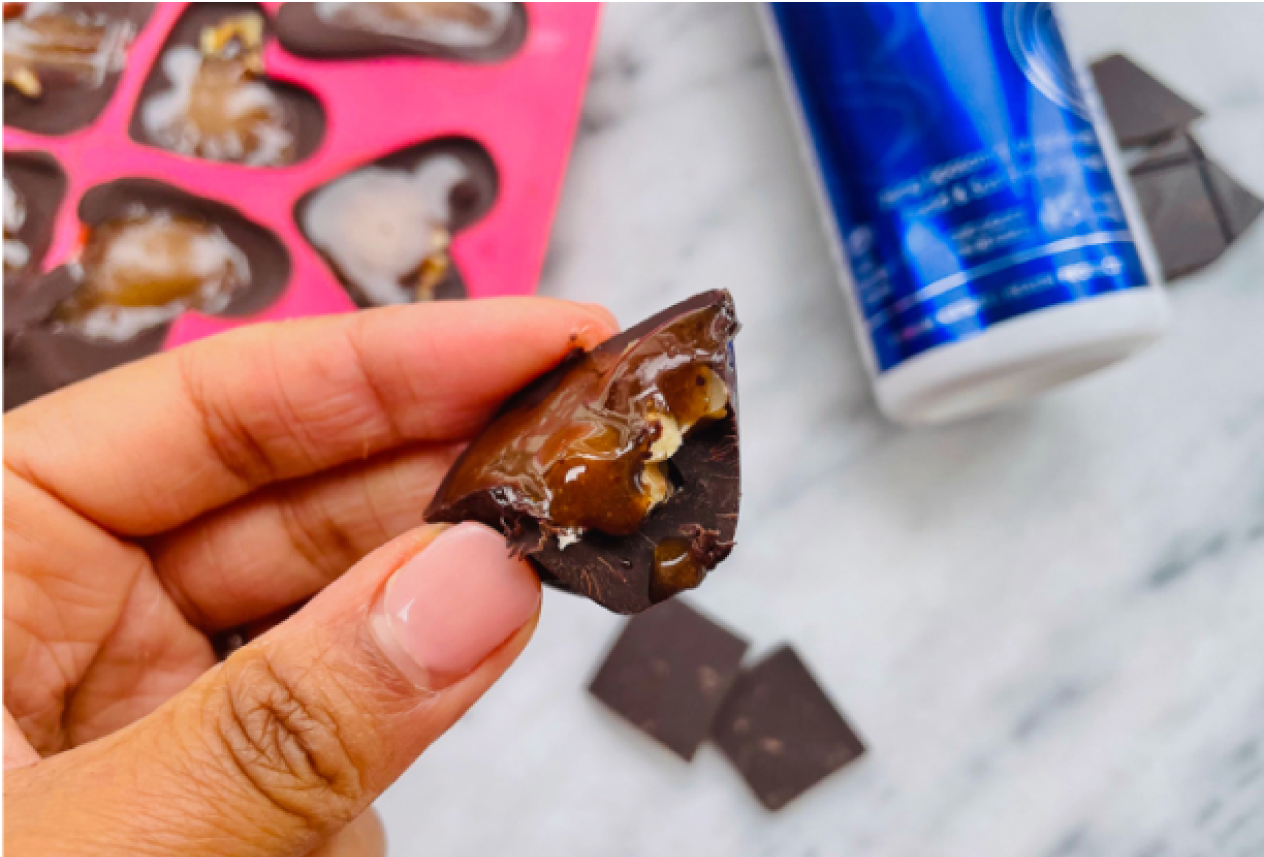
Nutty Chocolate Caramel Melts
Sleep-friendly recipes
Drift off easily with these tasty bedtime snacks.
Sleep-friendly recipes
Drift off easily with these tasty
bedtime snacks.

Lavender Moon Mylk Latte

Rise and shine: A guide to becoming a morning person

The effects of sleep deprivation and how to reclaim it
Want to learn more?
Check out our latest blog posts for sleep hygiene.



How do everyday habits set the stage for sleep?

Rise and shine: A guide to becoming a morning person

The effects of sleep deprivation and how to reclaim it
Want to learn more?
Check out our latest blog posts for sleep hygiene.
Check out our latest blog posts for sleep hygiene.
Available online at
You can also find CanPrev products in health food retailers or
through your natural health practitioner—right across Canada!
Available online at:


